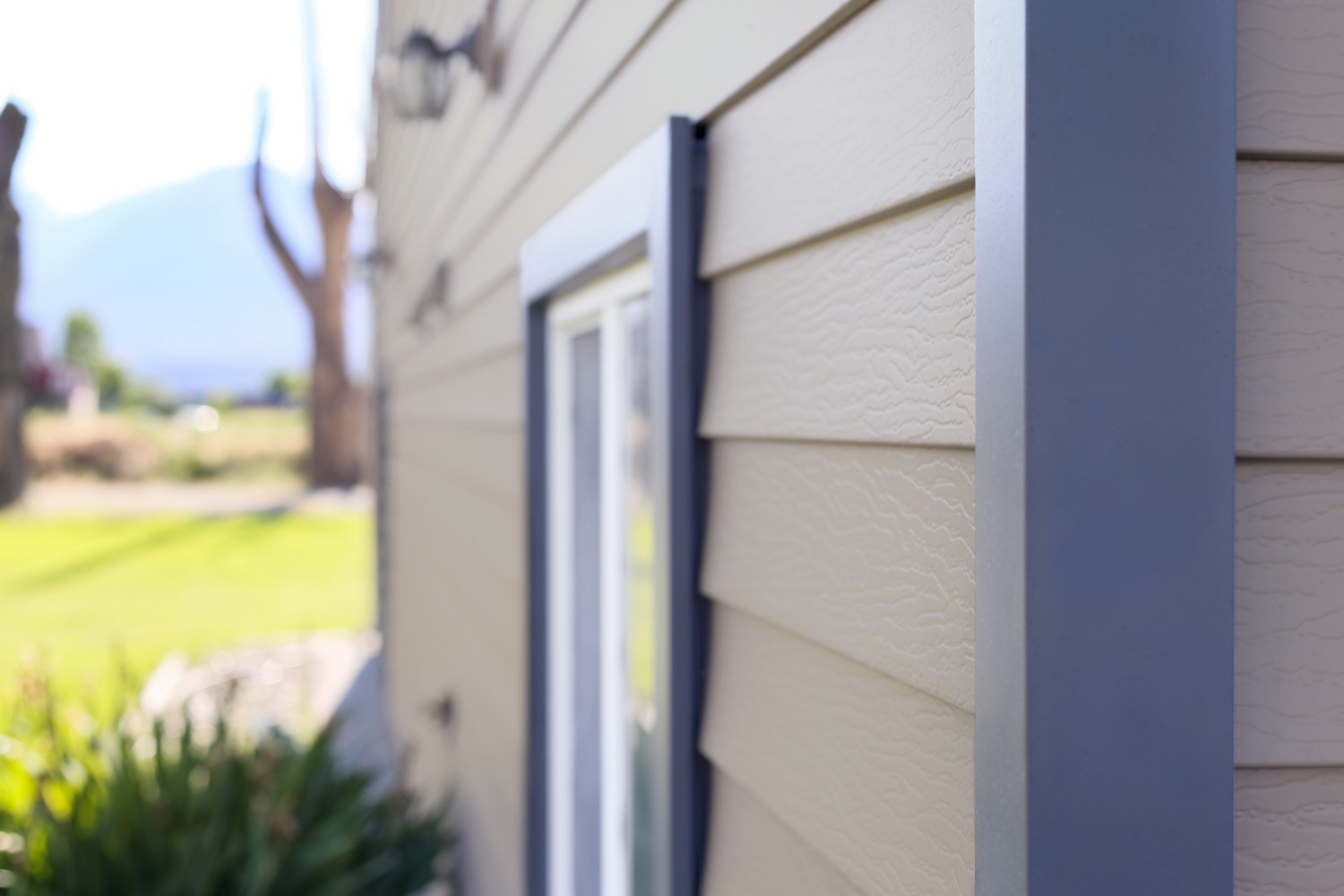3 vinyl siding along with steel is fastened to your walls with nails that aren t fully set.
Steel siding noise.
Metal siding is the next cheapest including aluminum siding prices then wood siding and finally stucco.
Aluminum siding is noisy.
Whereas cedar siding can be as much as 8 sq.
Many homeowners with metal sidings including steel complain of hearing more noise from the outdoors as well as higher energy bills year round.
Having aluminum siding on your house can be frustrating if you enjoy the peace and quiet or if it s important to have unbroken sleep at night.
I looked at a house built next to the lines and received static shocks from the aluminum downspouts while trying to listen for the source of the buzzing noise.
Steel siding can also handle essentially any harsh weather conditions you can throw at it.
The focused reflection of the sun s energy as a result of the low e coated glass can rapidly heat the siding on the adjacent walls.
Loose siding can make a flapping noise in windy conditions and may actually blow off the building as we show in our photo above.
While the prices vary depending on the model availability market and season vinyl can come in as cheap as 4 sq.
Steel siding is easily one of the most valuable siding options.
Metal is a poor insulator both from heat and from sound.
When the wind hits the siding it ll rattle slightly causing a variety of loud metal dinging sound.
Ideally the nails are set just snug enough to eliminate in out movement which is probably what you re hearing.
It is resistant to wildlife and insect damage.
Noisy metal siding was the house close to an overhead transmission line from the power company.
With steel house siding you get all the beauty and texture of real wood but with none of the associated problems.
Homeowners may hear a popping noise after they replace existing single pane windows that face aluminum siding with low e equipped units.
Upfront cost aside steel siding can last 50 years and with very little care needed during that time.
But more likely your siding is nailed too tightly moving or buckling when it is heated and expands.

